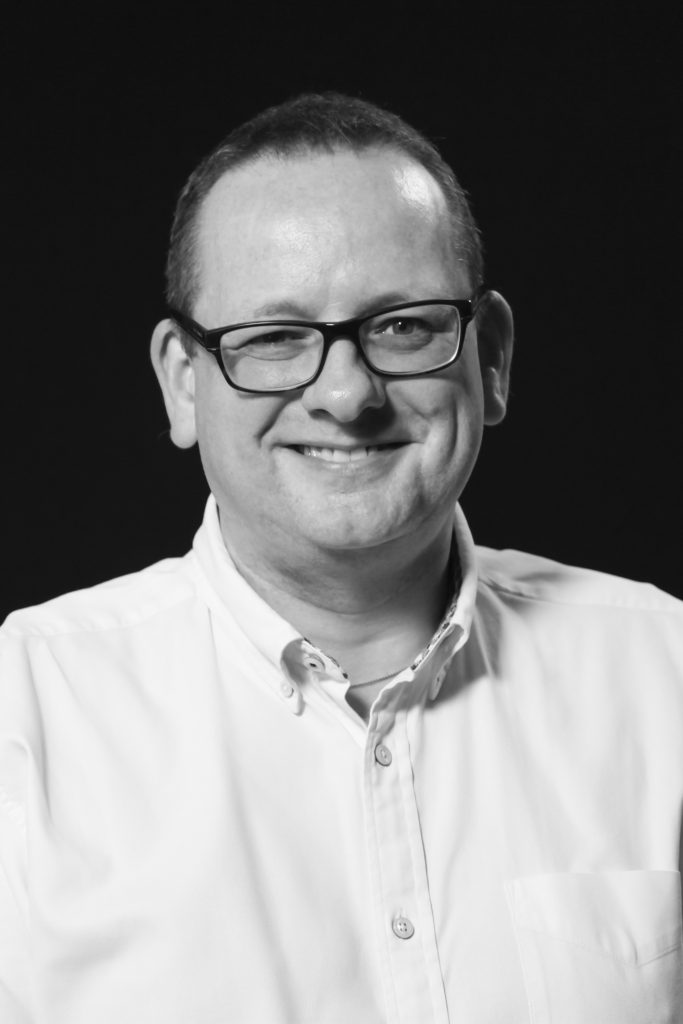In her second blog post for Parliament Week, University of Reading Impact Officer Ali McAnena gets the lowdown on how academics can engage policy-makers with their research from Mark Shanahan, Head of our Division of Politics and International Relations.

Hello Mark. Please could you introduce yourself?
I joined University of Reading in 2012 and am Head of the Department of Politics and International Relations. My module on Parliamentary Studies is designed and co-taught with representatives from Houses of Parliament, and our Media and Politics course features students interviewing current officials. We host these interviews on our own programme, The Politics Show, on Junction 11 Radio, which runs from 7-8pm each Tuesday in term time.
What is the first thing you tell your students about policy engagement?
That they (the students) can have a part in parliamentary processes the same way as anyone else. It is not exclusive to white middle aged men in suits.
And what is the second?
How you are going to do it! We prepare the students with modules like Parliamentary Studies where interactive activities happen, we devise mock select committee hearings and use real issues as subjects. The students begin by researching the roles they can play in this situation. They inhabit the character of witnesses, influential officials, people who would be lobbying – and this plays into their assignments. They learn how to live these experiences and how to act in these situations. It is important we do not just talk about these processes, but how to talk within them. For our postgraduate students their first assignment is then a report as an active witness – they take a position and write a policy report.
Can you explain a little about your classes and how you encourage policy communication?
The modules are focused on the applied end of politics. They break down barriers between theory and principle, highlighting the role of how a practitioner works and impacts civil society. My role to take people with curious minds and make them good civil society citizens. They are the activists of future. Many are already politically active – we just help to develop their skills in media and politics in an immersive way: how to engage, debate and argue. When I’m selling our degrees at Open Days, I invite prospective students to join us for a ‘three year argument’.
Why should academics engage their research with policy-makers?
To make a difference, potentially quickly! As an example, last year we tasked a group of students to write evidence for a House of Commons Education Select Committee. They began research in December and their written evidence was published in April. That gave an immediate impact from the publication as part of the parliamentary record.
What are the best resources for academics and how should they prepare?
Make friends with think tanks. Take time to understand that, in policy development, the experts are actually civil servants who don’t change as often as ministers. Build networks of these professionals and be seen to be useful, contactable and flexible.
Finally, if an academic had five minutes with a minister, how should they use that time?
Take a day or so to prepare: know the issues, and have a killer line that makes the minister aware that working with you will enable and improve chances of policy success. Be very specific and give them one or two simple takeaway messages. Give them a reason to reach out for more!
Political Voices: Dr Phillip Lee MP on Brexit, hosted at the University of Reading, is tonight, Thursday 15th November, 7-9pm. See event details.
To find out more about engaging research with Parliament see: https://www.parliament.uk/research-impact
To find out more about Parliament Week events near you: https://www.ukparliamentweek.org/ or #UKPW18
